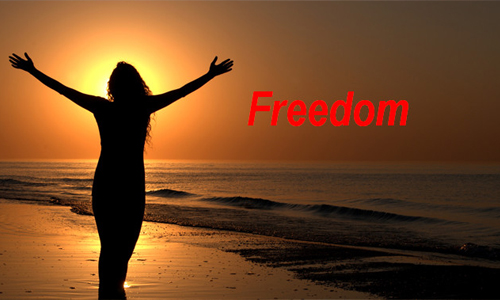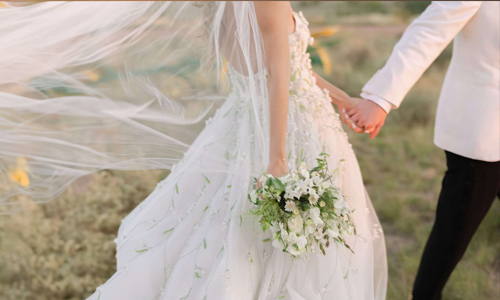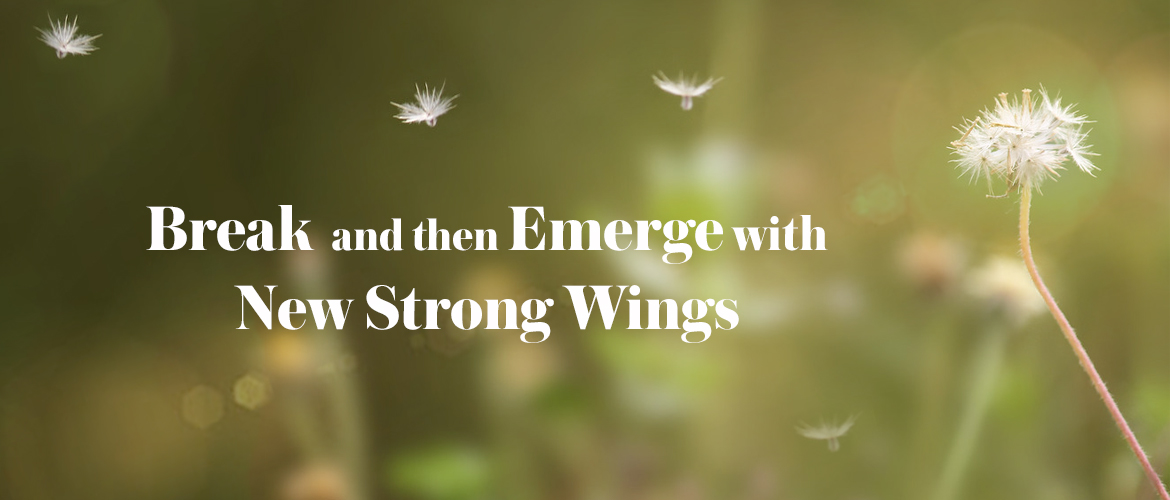Have you ever wondered why the word "freedom" carries such weight for women? Have you ever questioned why women must continually fight for their fundamental human rights? Why do men often decide what freedom looks like for us—how we should behave, what we should wear, and what we should see? Isn't freedom a right we all inherently possess? In this blog, we'll explore what freedom truly means for women. Without further ado, let’s dive in.
What is Women's Freedom?

Women are a creation of nature, and everything that nature creates deserves respect and dignity. No one has the authority to grant another person their freedom. Women are fully capable of making independent decisions about their lives, just like men.
A woman's freedom represents her equal rights, opportunities, and choices that allow her to live by her own rules. In essence, it means having the power to make decisions about her life without interference, discrimination, or oppression.
Why Freedom for Women?
Why is it that a woman’s life is often decided by those around her? Why does her family choose her education? Why are domestic tasks frequently expected to be handled solely by women? Why is child care predominantly seen as a mother’s responsibility, even though both men and women are responsible for bringing a child into the world? Despite progress in women’s rights, what does true freedom mean for a woman? Continue reading to explore the concept of freedom for women and the importance of women’s rights.
Economic Freedom
Women’s economic freedom and empowerment involve ensuring that women can equally participate in and pursue their careers and professions. It means having control over resources without facing gender discrimination or wage disparities. Women have the right to earn, manage, and spend their money independently.
Personal Freedom
Personal freedom encompasses having control over one’s own body, including the ability to make decisions about reproductive health, access to contraception, and the choice to have children or not, as well as how many children to have. It also includes expressing one’s feelings and opinions through clothing, speech, and lifestyle choices without fear of judgment or reprisal.
Educational Freedom

Educational freedom means having the right to access education at all levels. It also includes the ability for women to develop their skills and knowledge, pursue continuous learning, and grow professionally, contributing to their overall educational enrichment.
Social Participation
This type of freedom refers to a woman’s ability to participate fully in social life and be free from discrimination and violence. It also includes the right to vote in political processes, hold leadership positions in government and business, and contribute positively to decisions at all stages and levels.
Freedom to Make Life Choices

When women are free to make their own life decisions, they are truly empowered. Unfortunately, social norms often dictate when a woman should get married, whom she should marry, when she should have children, and whether she can continue working after becoming a mother. These decisions should be made by the woman herself. A woman should have the freedom to have children at age 45, marry at age 40, or remain single for as long as she wishes. Her sexuality should never be seen as a sin. True empowerment for women will be achieved when these choices are normalized and no longer viewed as transgressions.
Mental and Emotional Freedom

Mental and emotional freedom means women's ability to develop self-worth and confidence and to stay free from the pressures of social and domestic life. Women should have the freedom to pursue their mental health and emotional well-being. Emotional freedom also refers to being capable of self-love during all the hard times, caring for your physical health, and maintaining a healthy and fit lifestyle.
Freedom From Discrimination
So, what does freedom truly mean? It means living our lives without fear or discrimination—whether that discrimination is domestic, sexual, or psychological. Women must be free and have the legal protections and support systems necessary to confront and overcome any form of abuse.
Freedom From Marriage Conditions

Real equality begins when women are not subjected to dowry demands in the name of marriage and are not forced into wedlock against their will, even if arranged marriages are a part of Indian culture. Marriage involves two individuals who will live their lives together, and their perspectives should be valued. Unfortunately, many families fail to consider their daughters' views.
Globally, there is a misconception that women are treated fairly and given equal rights, while in reality, women are expected to remain virgins until marriage, whereas men can have multiple wives. A divorced woman often faces significant barriers to remarriage, while a divorced man or widower might seek a virgin bride.
Freedom cannot be taken from one person by another. Both men and women should have the liberty to think, act, and pursue their desires. Women stepping outside their traditional roles to work, pursue further education, or both, does not necessarily equate to true freedom.
True empowerment for women comes from having the autonomy to think and act according to their interests, without being constrained by societal stigma.













